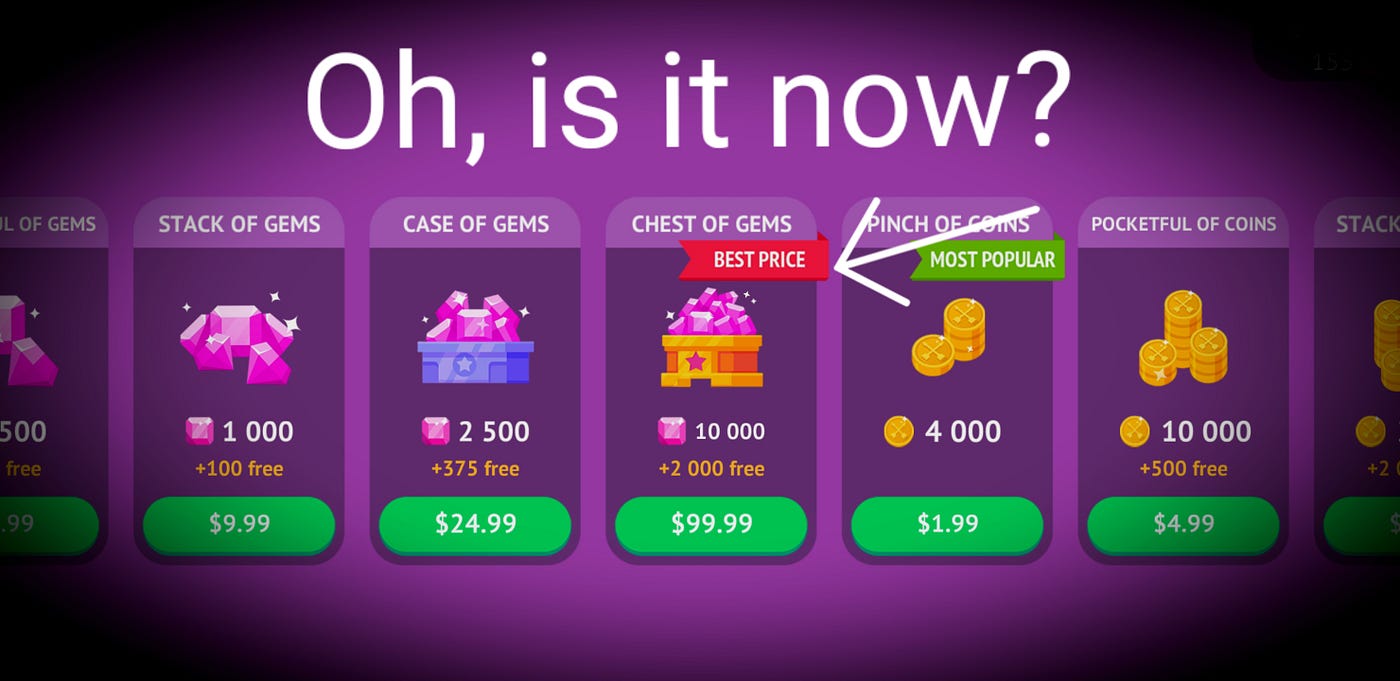In the world of gaming, the rise of microtransactions has sparked conversations about their ethical implications. These small in-game purchases, often for virtual items or currency, have become a common aspect of many games. However, questions arise about their impact on players, fairness, and the overall gaming experience. Let's dive into the ethical considerations surrounding microtransactions and explore both sides of this virtual currency coin.
The Microtransaction Landscape: A Brief Overview
Microtransactions involve players spending real money to acquire in-game items, cosmetics, or upgrades. These transactions can take various forms, such as loot boxes, skins, or additional content. While developers argue that these purchases enhance the gaming experience, concerns about potential negative consequences have emerged.
Ethics in Play: The Pros and Cons of Microtransactions
Pros: Enhancing the Gaming Experience
Accessibility and Customization: Microtransactions offer players the chance to customize their in-game experiences. Skins, outfits, and accessories allow players to express their individuality and stand out in the virtual world.
Game Continuation: In free-to-play games, microtransactions can financially support the developers, enabling them to maintain and improve the game over time.
Cons: Ethical Quandaries
Pay-to-Win Model: One of the main ethical concerns is the "pay-to-win" model, where players who spend money gain a competitive advantage over those who don't. This creates an uneven playing field and diminishes the value of skill and effort.
Gamer Psychology and Addiction: Microtransactions exploit psychological triggers, such as the desire for instant gratification and the excitement of surprise, which can lead to addictive behaviors.
Youth Vulnerability: Young players might not fully grasp the concept of spending real money on virtual items. This raises concerns about them making uninformed decisions or overspending without realizing the consequences.
The Ethical Dimensions: Balancing Profit and Player Welfare
Transparency and Disclosure: Ethical microtransactions require clear communication about the odds of receiving items from loot boxes, as well as the total costs of purchases.
Player Consent: Players should have the choice to opt out of microtransactions or turn off features that promote them, ensuring that the gaming experience aligns with their preferences.
Age Verification: Age restrictions should be implemented to prevent underage players from making unauthorized purchases without parental consent.
The Developer's Dilemma: Making Ethical Choices
Balancing Monetization and Enjoyment: Developers face the challenge of creating a sustainable revenue model without compromising player satisfaction or resorting to manipulative tactics.
Offering Value: Developers should ensure that microtransactions offer genuine value to players, enhancing their enjoyment rather than pressuring them into purchases.
Community Feedback: Listening to player feedback and concerns helps developers make informed decisions about how to implement microtransactions ethically.
The Player's Role: Making Informed Choices
Education: Players should educate themselves about the microtransaction system in a game before making purchases, considering the impact on their enjoyment and wallet.
Voice Concerns: Voicing concerns about unethical microtransactions through feedback, social media, and forums can encourage developers to address player needs and ethical considerations.
In Conclusion: A Balanced Approach
The ethics of microtransactions in games present a complex landscape with various perspectives. As players, developers, and consumers, it's important to navigate this landscape with a balanced approach that considers both the benefits and drawbacks.
Ultimately, ethical microtransactions prioritize player welfare, fair gameplay, and transparency. Developers play a significant role in shaping this landscape by implementing responsible monetization strategies and listening to player feedback. Players, too, hold influence by making informed choices, voicing concerns, and supporting games that align with their ethical values.
In the end, the goal is to create a gaming environment where both entertainment and ethics coexist harmoniously, allowing players to fully enjoy their virtual experiences without compromising their principles or financial well-being.
